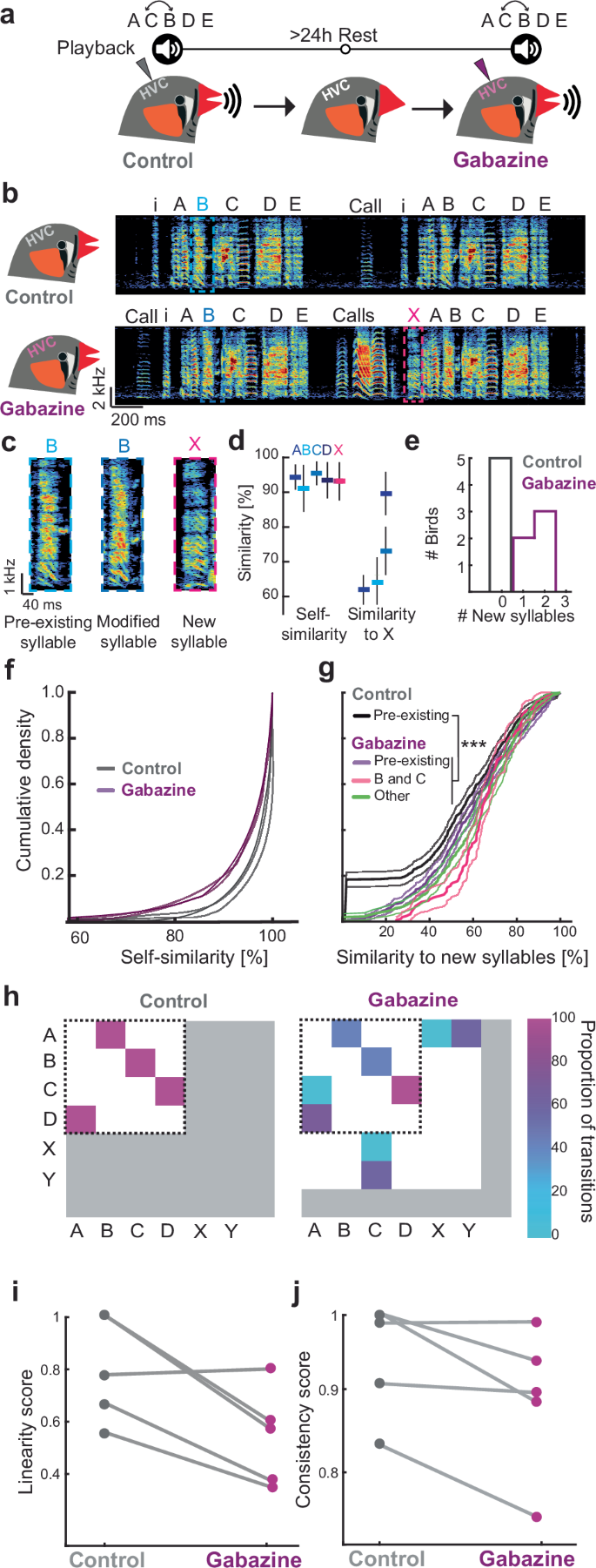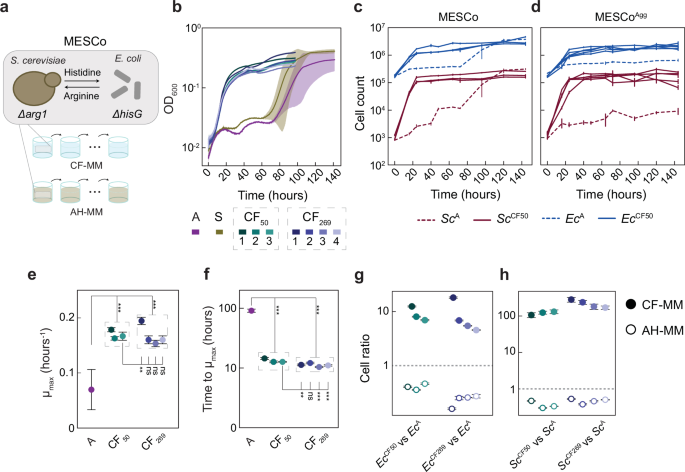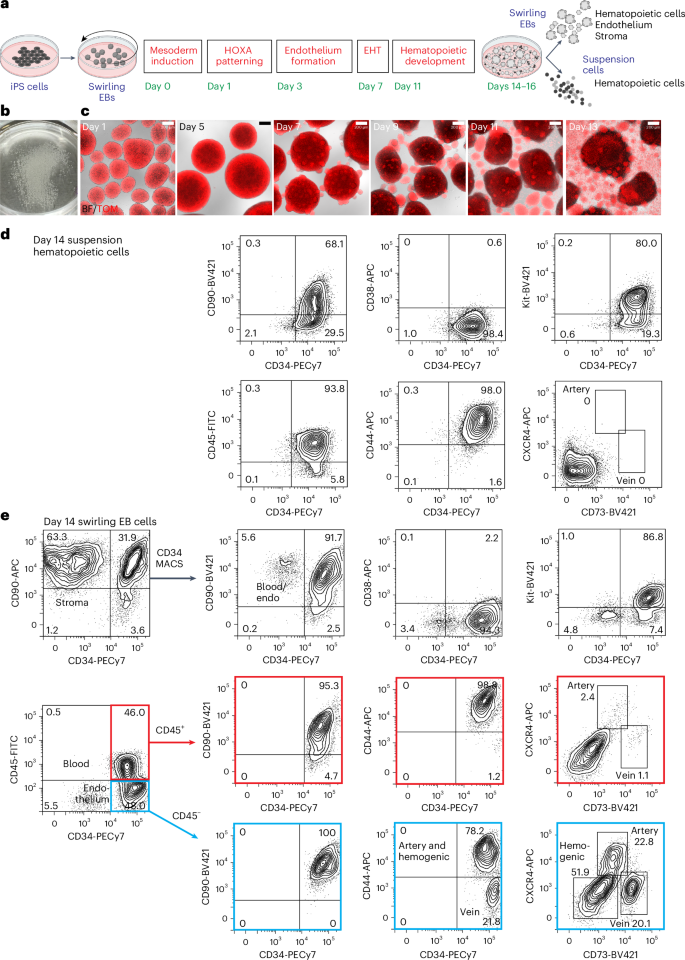2024-09-03 マックス・プランク研究所
<関連情報>
- https://www.mpg.de/23351337/zebra-finches-learn-songs-in-old-age
- https://www.nature.com/articles/s41467-024-51818-4
抑制解除は声楽レパートリーの拡大を臨界期以降も可能にする Disinhibition enables vocal repertoire expansion after a critical period
Fabian Heim,Ezequiel Mendoza,Avani Koparkar & Daniela Vallentin
Nature Communications Published:31 August 2024
DOI:https://doi.org/10.1038/s41467-024-51818-4

Abstract
The efficiency of motor skill acquisition is age-dependent, making it increasingly challenging to learn complex manoeuvres later in life. Zebra finches, for instance, acquire a complex vocal motor programme during a developmental critical period after which the learned song is essentially impervious to modification. Although inhibitory interneurons are implicated in critical period closure, it is unclear whether manipulating them can reopen heightened motor plasticity windows. Using pharmacology and a cell-type specific optogenetic approach, we manipulated inhibitory neuron activity in a premotor area of adult zebra finches beyond their critical period. When exposed to auditory stimulation in the form of novel songs, manipulated birds added new vocal syllables to their stable song sequence. By lifting inhibition in a premotor area during sensory experience, we reintroduced vocal plasticity, promoting an expansion of the syllable repertoire without compromising pre-existing song production. Our findings provide insights into motor skill learning capacities, offer potential for motor recovery after injury, and suggest avenues for treating neurodevelopmental disorders involving inhibitory dysfunctions.

